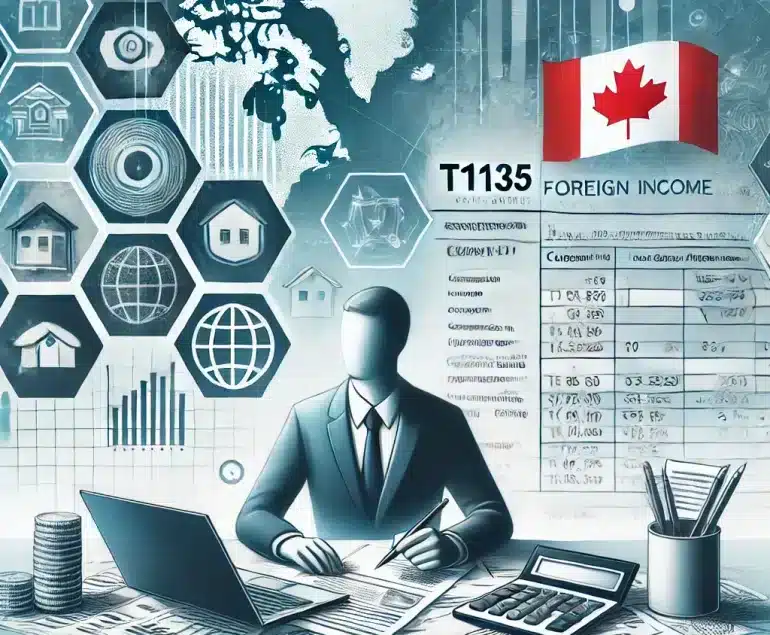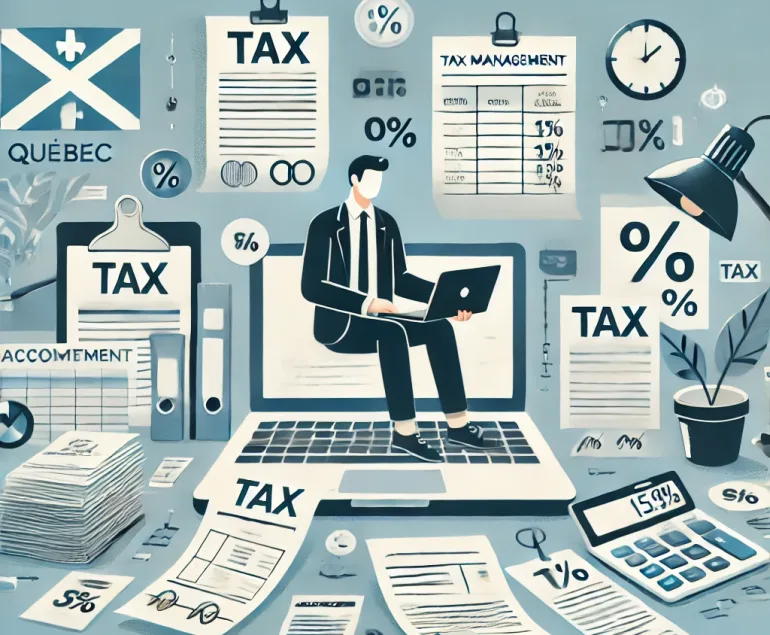Owning a rental property in France as a Canadian offers both investment opportunities and specific challenges. To optimize your returns and avoid unforeseen obstacles, it is essential to understand international taxation and rental income taxation in France for non-residents.
Here is an overview of the fiscal, legal, and practical implications to prepare for this type of real estate investment.
Acquiring a Rental Property in France
Purchasing a property in France may include various types of real estate depending on profitability goals:
Types of Rental Properties
- Apartments: intended for long- or short-term rentals (Airbnb, for example).
- Offices and shops: intended for commercial rentals.
- Secondary residences: can be temporarily rented out.
Purchase Process
- Property search: options include listing websites, local real estate agencies, and auctions.
- Financing: Canadians can generally obtain a loan in France, often with a 20 to 30% down payment.
- Notary: a notary oversees the transaction to ensure its legality and proper completion.
Some Tax Considerations
Rental income taxation in France requires declarations in both France and Canada, necessitating careful tax management.
Taxes in France
Rental income generated in France is subject to French taxes:
- French rental income tax: property owners can choose between the micro-foncier regime (with a flat 30% deduction) or the real regime, which allows for expense deductions.
- Property tax: an annual tax paid by the owner.
- Residence tax: applied if the property is occupied.
Taxes in Canada
Rental income in France must also be reported in your foreign income declaration in Canada:
- Declaration of foreign income: Canadians must include this foreign rental income in their tax declaration and may benefit from a foreign tax credit to reduce double taxation.
- Exchange rate: income must be converted into Canadian dollars for reporting.
Property Management
Property management can be handled in several ways depending on your personal involvement and the services you wish to use.
Rental Management
- Direct management or by a professional: you can manage the rental yourself or hire a property management company.
- Local regulations: familiarize yourself with French rental laws, including tenant rights and owner obligations.
Associated Costs
You can manage your property rental yourself or hire a property management company. However, it is essential to know French regulations, including tenant rights and your obligations as an owner.
Legal Aspects
Property in France
Ownership in France is governed by specific rules. It is essential to understand the rights and obligations of the owner:
- Property rights: learn about your rights to manage the property in compliance with the law.
- Will and inheritance: if the property is to be transferred to heirs, it may be useful to consult a lawyer to plan the succession.
Lease Agreements
Leases must comply with the requirements of the French Civil Code. They include specific clauses on duration, rent, and responsibilities of each party.
Insurance
To cover potential risks associated with renting:
- Home insurance: covers material damage and civil liability.
- Rental insurance: provides additional protection in case of property rental.
Practical Considerations
Owning a property in France also involves practical aspects related to distance and cultural differences.
Plan regular visits to oversee the property and manage certain administrative aspects. Technology can assist with remote management: several rental management platforms facilitate this process.
While many French people speak English, some knowledge of French will make property management easier. Additionally, familiarizing yourself with local culture can be beneficial to understand tenant expectations and rental practices.
Optimize Your Rental Investment with Experts
Investing in rental property in France as a Canadian resident offers attractive potential but requires careful planning to meet tax obligations, particularly regarding rental income taxation in France. Navigating between French and Canadian regulations can be complex; take advantage of qualified professionals to maximize your income while staying compliant with the legislation of both countries!
For personalized support in international taxation and rental income management, contact EB Conseil Fiscal today to optimize your investment with peace of mind.



